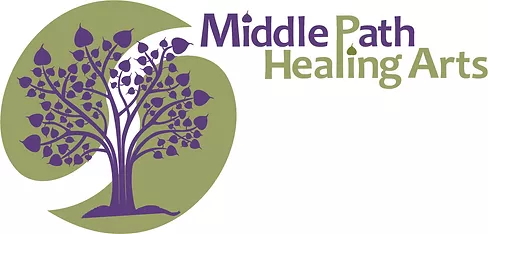One of the key tenets of Patanjali’s yoga sutra is the notion of self-study. Together with devotion to what Chip Hartranft translates as “the ideal of pure awareness,” it forms the foundation from which practice grows. Recently, we’ve been exploring the topic in the Touching In Program, and, as if right on schedule, I found the opportunity to investigate the practice more deeply for myself.
As is often the case for freelance teachers, at times my work schedule is a complex puzzle of commitments in various locations. The other day, I noticed I had made what felt like a significant mistake, double booking myself. Gazing at the computer screen I heard myself say aloud, “Oh no”.
My husband, Brett, who was working in the yard off the porch where I was sitting, came in, sat down beside me, and said something like, “that sounded difficult”. I told him my conundrum and he suggested that I sleep on it. It’s great good fortune to have such people in one’s life, and in fact, this article is probably a direct result of his kind suggestion. If he hadn’t sat down next to me in that moment, I might have spiraled internally into self-created misery. Instead, I heeded his advice and added some skills of my own, taking a breath and reminding myself that the problem was still in the future, for now.
Another great good fortune is contact with wise teachings like the Buddha’s on mindfulness and Patanjali’s on self-study. Remembering that my life is my practice, I re-focused my energies, widening out from the problem, and immediately noticed anger. I spent a few moments feeling the heat of my irritation with myself for making a mistake. Recognizing that spike of anger as such helped the process of pausing to see clearly, rather than spiraling into self-judgement and self-blame. As I felt deeper, a wave of sadness flooded my heart.
I touched in to my ordinary human vulnerability, and then immediately began to recognize as such the powerful pull of my desire to be not just competent but flawless, especially in my business dealings. I could also see that identifying with that desire would inevitably produce waves self-criticism and pain. I could feel how the impulse to freak out, if followed, would split my inner life into conflict between the part of me that was angry at me and the part of me that was feeling victimized by that critic. Seeing all that clearly made taking the bait my old habit patterns were offering distinctly unappetizing. So, I took some time to sit with the hurt in my heart, which slowly softened into a quieter recognition of this human situation we share. We all make errors. Things don’t always work out. As my now departed sister once said to me, “Everybody makes mistakes”.
I went to sleep that evening without even attempting to solve the double booking issue, which was still weeks out on the horizon. And when I woke up in the morning, the problem seemed workable, still pretty unpleasant, yes, but also something to appreciate, the cause for this opportunity for learning and sharing. This is power of self-study. When I am willing to accept myself as I find myself in a moment and work from there with mindfulness and an open heart, challenging situations become workable. A wise teacher told me that my difficulties were not the cause of my suffering. The suffering, he said, arises from the resistance to what is. I am beginning to understand just what he meant.
Reference
Patañjali, and Chip Hartranft. The Yoga-Sūtra of Patañjali: A New Translation with Commentary. Shambhala Publications, 2003, p. 98.

